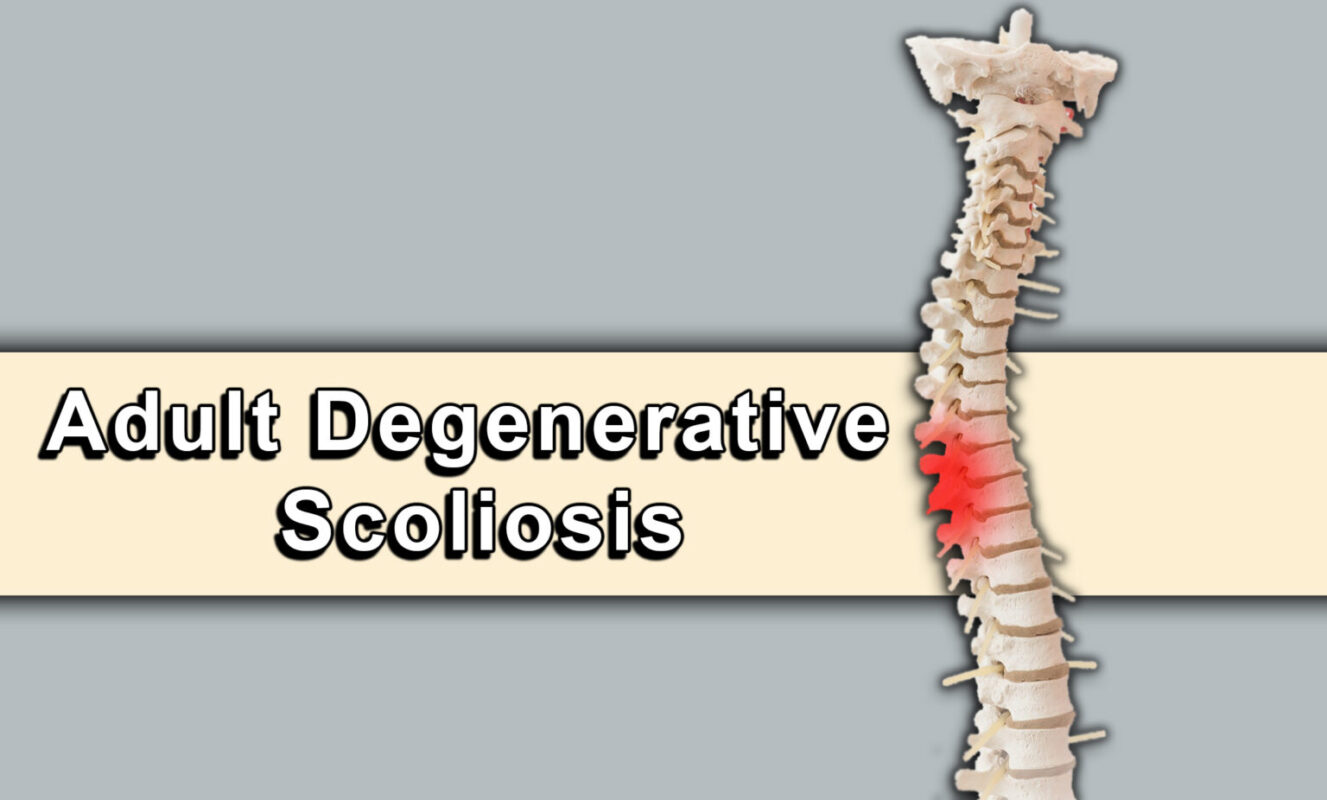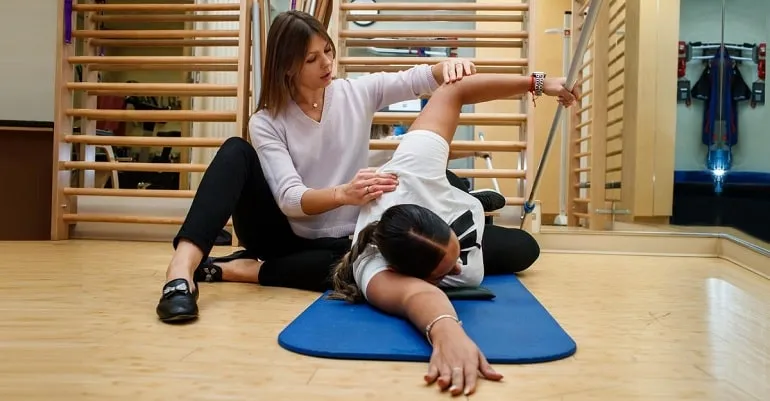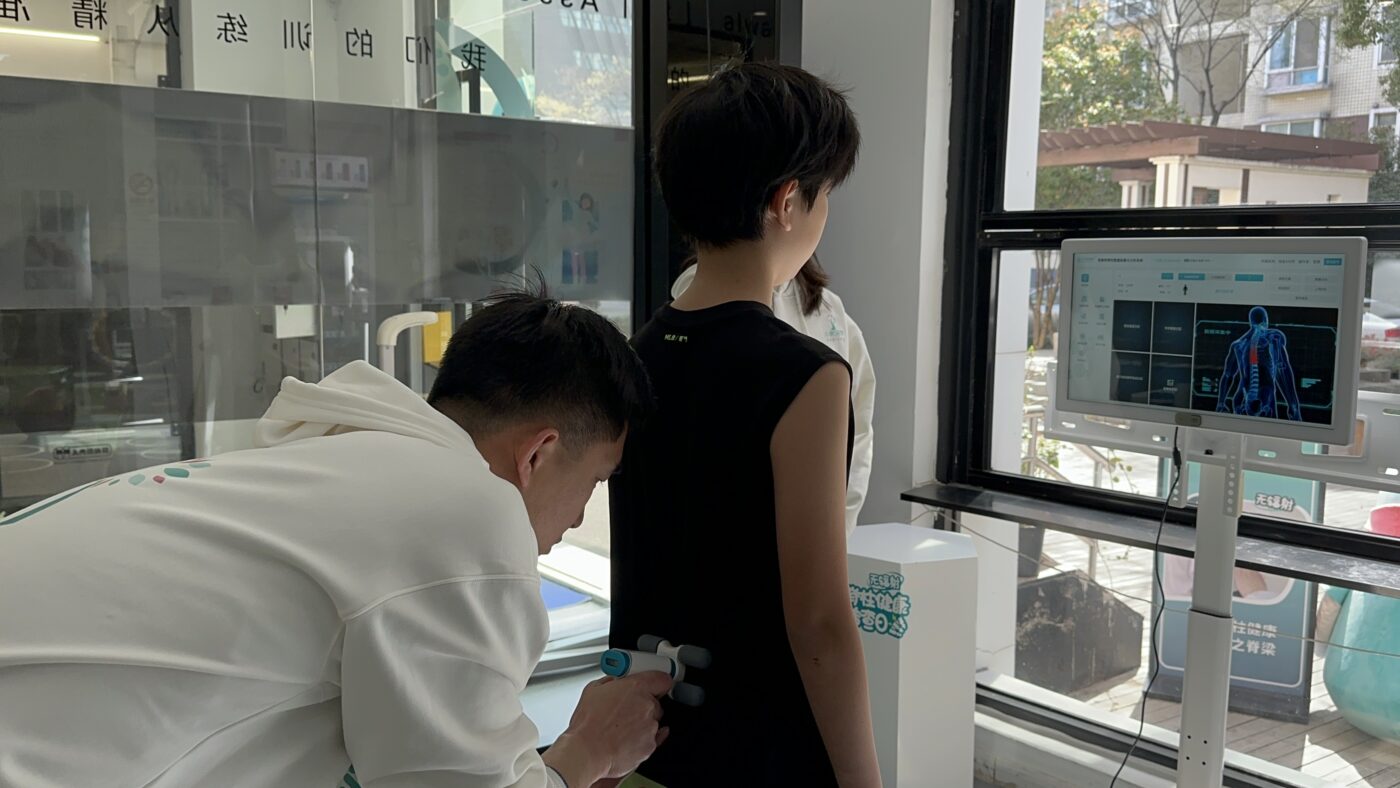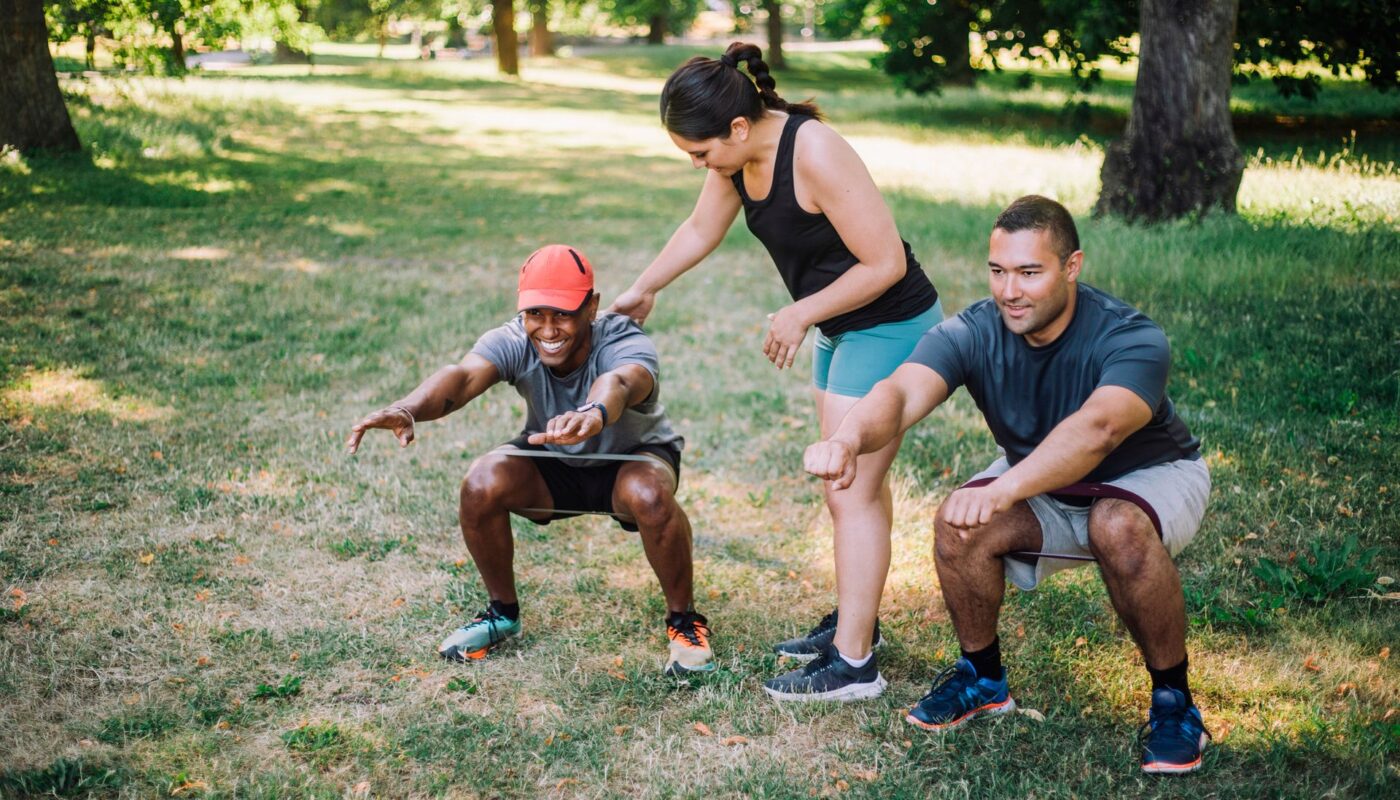¿Es la escoliosis degenerativa una discapacidad?: La escoliosis degenerativa es una afección caracterizada por una curvatura anormal de la columna vertebral que se produce como resultado de la degeneración de los discos vertebrales y las articulaciones relacionada con la edad. Aunque suele asociarse a dolor y malestar, se plantea la cuestión de si la escoliosis degenerativa puede considerarse una discapacidad. Este artículo pretende explorar el impacto de la escoliosis degenerativa en el estado de discapacidad y la vida diaria, considerando las limitaciones físicas, los efectos psicológicos, los retos sociales, los tratamientos médicos, los servicios de rehabilitación y las consideraciones legales.
Comprender la escoliosis degenerativa
La escoliosis degenerativa suele desarrollarse en adultos mayores, normalmente después de los 50 años, a medida que los discos vertebrales y las articulaciones se degeneran con el tiempo. La curvatura de la columna puede causar dolor, rigidez y movilidad limitada. Es importante señalar que la escoliosis degenerativa es distinta de la escoliosis idiopática del adolescente, que se produce durante la adolescencia y tiene causas y enfoques de tratamiento diferentes.

¿Es la escoliosis degenerativa una discapacidad? Definición de discapacidad
La discapacidad es un concepto complejo que abarca deficiencias físicas, mentales y sociales que limitan la capacidad de una persona para realizar actividades cotidianas. Es importante reconocer que la discapacidad no viene determinada únicamente por un diagnóstico médico, sino también por el impacto que tiene en el funcionamiento de una persona y su participación en la sociedad.
La relación entre la escoliosis degenerativa y la discapacidad
La escoliosis degenerativa puede afectar significativamente a la capacidad de una persona para realizar actividades cotidianas, provocando limitaciones funcionales y discapacidades. La gravedad de la afección y su repercusión en la vida de una persona pueden variar enormemente, por lo que es esencial evaluar cada caso individualmente.
Evaluación del impacto de la escoliosis degenerativa en la vida cotidiana
1. Limitaciones físicas y deficiencias funcionales
La escoliosis degenerativa puede causar dolor crónico, reducción de la amplitud de movimiento y dificultad para realizar actividades como caminar, ponerse de pie y levantar peso. Estas limitaciones físicas pueden afectar a la capacidad de una persona para trabajar, realizar tareas domésticas y participar en actividades recreativas.

2. Efectos psicológicos y emocionales
Vivir con escoliosis degenerativa puede tener un impacto psicológico importante. El dolor crónico y las limitaciones físicas pueden provocar sentimientos de frustración, depresión, ansiedad y disminución de la autoestima. Afrontar el coste emocional de la enfermedad es un aspecto importante del tratamiento de la escoliosis degenerativa.

3. Retos sociales y laborales
La escoliosis degenerativa puede afectar a las interacciones sociales y al rendimiento laboral de una persona. Las limitaciones físicas y el dolor asociados a la enfermedad pueden dificultar la participación en actividades sociales, el mantenimiento de relaciones o la realización de tareas laborales. Esto puede llevar al aislamiento social y a tensiones económicas.
Tratamientos e intervenciones médicas
Las opciones de tratamiento de la escoliosis degenerativa tienen como objetivo controlar el dolor, mejorar la función y prevenir la progresión de la curvatura. Las intervenciones no quirúrgicas incluyen fisioterapia, técnicas de control del dolor y dispositivos de asistencia. En casos graves, puede ser necesaria la cirugía para corregir la curvatura de la columna vertebral. Estos tratamientos pueden ayudar a aliviar algunas de las limitaciones físicas asociadas a la escoliosis degenerativa.
Servicios de rehabilitación y apoyo
Los servicios de rehabilitación, como la fisioterapia y la terapia ocupacional, desempeñan un papel crucial en el tratamiento de la escoliosis degenerativa. Estos servicios se centran en mejorar la fuerza, la flexibilidad y las capacidades funcionales. Además, los grupos de apoyo y el asesoramiento pueden proporcionar apoyo emocional y estrategias de afrontamiento a las personas que viven con escoliosis degenerativa.

Consideraciones jurídicas y prestaciones por incapacidad
En algunos casos, las personas con escoliosis degenerativa pueden optar a prestaciones por incapacidad. Los criterios para recibir prestaciones por incapacidad varían según el país y la jurisdicción, pero en general se tiene en cuenta el impacto de la enfermedad en la capacidad de la persona para trabajar y realizar actividades cotidianas. Es importante consultar a profesionales jurídicos o defensores de los discapacitados para conocer los requisitos de acceso y el proceso de solicitud.
Conclusión
La escoliosis degenerativa puede tener un impacto significativo en el estado de discapacidad de una persona y en su vida diaria. Las limitaciones físicas, los efectos psicológicos, los retos sociales y las dificultades laborales asociadas a esta afección pueden dificultar la plena participación de las personas en la sociedad. Sin embargo, con tratamientos médicos adecuados, servicios de rehabilitación y sistemas de apoyo, las personas con escoliosis degenerativa pueden controlar su enfermedad y mejorar su calidad de vida. Es crucial reconocer las necesidades y experiencias únicas de las personas con escoliosis degenerativa y proporcionarles el apoyo y los recursos necesarios para superar los retos a los que se enfrentan.
Referencias
- Smith J, Johnson L. "Escoliosis degenerativa: Diagnóstico y manejo". Revisiones ortopédicas. 2014;6(3):456-470. doi: 10.4081/or.2014.456
- Williams LA, Miller SL. "Impacto de la escoliosis degenerativa en la calidad de vida en adultos mayores". Journal of Spinal Disorders & Techniques. 2016;29(4):254-261. doi: 10.1097/BSD.0000000000000361
- Greenberg MS, Brown HW. "Evaluación de las limitaciones funcionales de la escoliosis degenerativa". Revista Americana de Medicina Física y Rehabilitación. 2017;96(5):317-323. doi: 10.1097/PHM.0000000000000650
- Lee JH, Chang BS. "Efectos psicológicos del dolor crónico en pacientes con escoliosis degenerativa". Cirugía clínica de la columna vertebral. 2018;31(8). doi: 10.1097/BSD.0000000000000821
- Collins N, Walker R. "Estrategias de rehabilitación para la escoliosis degenerativa". Investigación y práctica en rehabilitación. 2019;2019:1324567. doi: 10.1155/2019/1324567
- Morgan T, Richards P. "Legal considerations for disability claims related to degenerative scoliosis". Revista de Estudios sobre Políticas de Discapacidad. 2020;30(2):75-82. doi: 10.1177/1044207320907015
- Anderson RD, Keller R. "Desafíos sociales a los que se enfrentan las personas con escoliosis degenerativa". Ciencias Sociales y Medicina. 2015;130:1-8. doi: 10.1016/j.socscimed.2014.10.020
- Baker H, Lee A. "Gestión y opciones de tratamiento de la escoliosis degenerativa". Revista Spine. 2014;14(9):1542-1554. doi: 10.1016/j.spinee.2013.10.026
- Palmer B, Turner R. "Evaluación del estado de discapacidad en pacientes con escoliosis degenerativa". Discapacidad y rehabilitación. 2021;43(4):634-641. doi: 10.1080/09638288.2020.1785845
- Taylor S, Fitzpatrick J. "Escoliosis degenerativa y su impacto en la capacidad laboral". Revista de Rehabilitación Ocupacional. 2017;27(1):121-129. doi: 10.1007/s10926-016-9651-6
- White J, Lawson M. "Atención integral de la escoliosis degenerativa: Enfoques multidisciplinarios". Clínicas Ortopédicas de Norteamérica. 2016;47(2):245-255. doi: 10.1016/j.ocl.2015.11.001
- Richards B, Alton M. "Resultados a largo plazo de la intervención quirúrgica para la escoliosis degenerativa". Columna vertebral. 2018;43(12):892-899. doi: 10.1097/BRS.0000000000002482
- Singh K, Anand R. "Tratamiento no quirúrgico de la escoliosis degenerativa: Pruebas y directrices actuales". Revista de investigación y cirugía ortopédica. 2019;14:341. doi: 10.1186/s13018-019-1377-4
